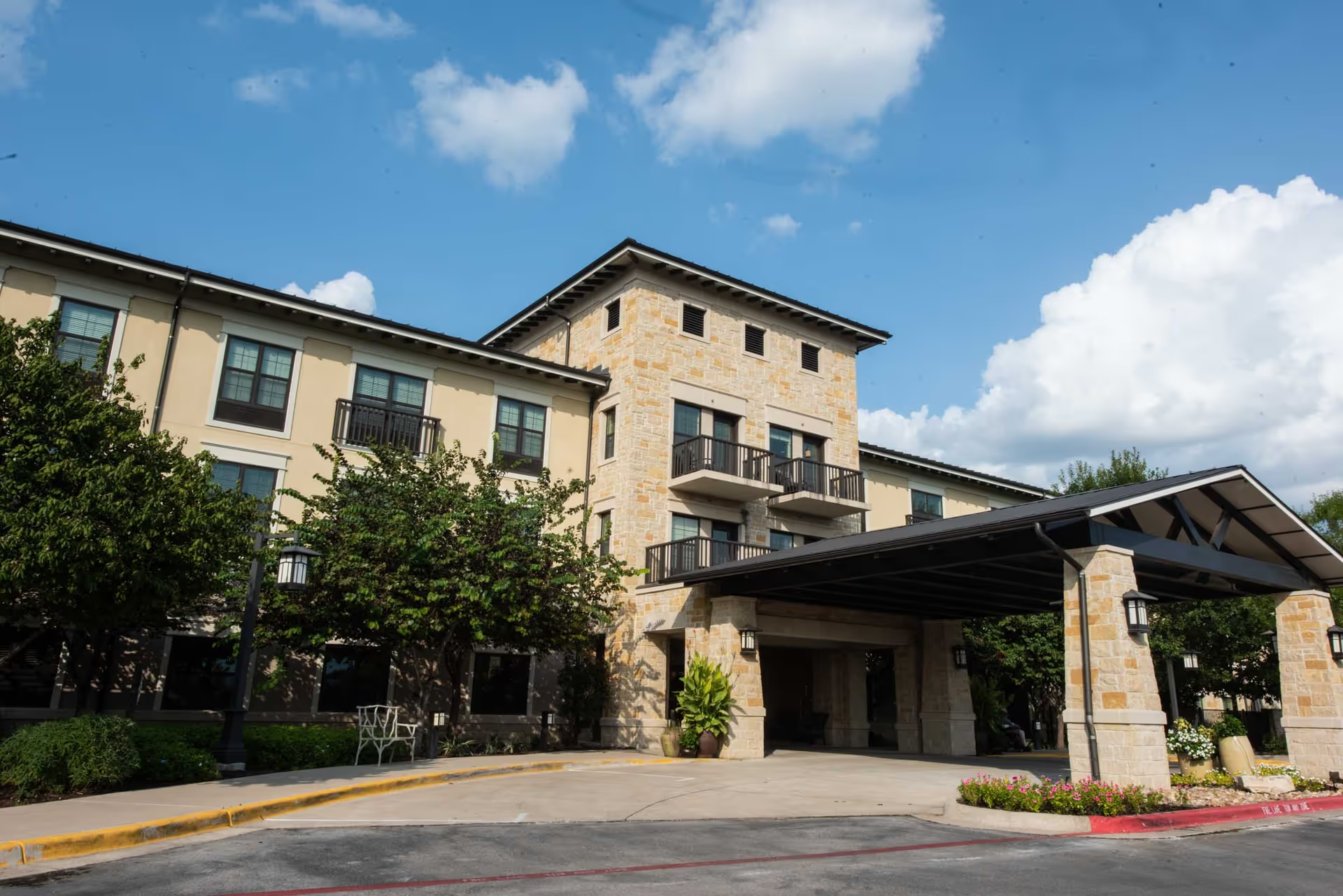Overall sentiment across the reviews is highly mixed and polarized. A number of reviewers describe phenomenal, compassionate care—particularly from the therapy team and certain nursing leaders—while a nearly equal number describe serious neglect, safety lapses, and administrative failures. The facility appears to produce good clinical and rehabilitative outcomes for some residents (notably those who receive consistent therapy and attention from engaged staff), yet systemic issues—chiefly chronic understaffing and high turnover—are repeatedly cited as the root cause of many negative experiences.
Care quality and clinical outcomes: Reviews indicate a bifurcated experience. The therapy department receives frequent praise for meaningful, continuity-based rehabilitation that produced measurable improvement in some residents. Several families credit therapists and particular nursing staff with positive recovery trajectories and describe staff who set clear goals and motivate residents. Conversely, numerous accounts report missed medications (including delayed or missing insulin), inadequate monitoring for dehydration, and hygiene neglect that reportedly contributed to urinary tract infections and other avoidable problems. These medical and basic-care lapses suggest inconsistent implementation of clinical protocols when staffing is insufficient.
Staffing, responsiveness, and culture: The dominant negative themes are chronic understaffing and high staff turnover. Reviews detail CNAs and nursing aides not showing up for shifts, nurses abandoning posts or engaging in arguments, and call lights left unanswered. Where staff presence and leadership are strong (notably praise for the Director of Nursing and some individual nurses), families report prompt communication, advocacy, and a more positive, family-like environment. However, reviewers also describe a subset of employees who are rude, condescending, or mocking toward residents. This variability points to uneven training, management oversight, and staff morale.
Daily living, hygiene, and housekeeping: Consistent complaints involve inconsistent assistance with activities of daily living—especially bathing/showers—and poor tracking or performance of hygiene tasks. Several reviews allege forged shower records or showers not actually occurring despite documentation. Families report lack of towels and sheets, unclean restrooms, and clothes being misplaced or not tracked, with at least one allegation of money being stolen. These operational failures create both dignity and safety concerns for residents and indicate weak inventory controls, documentation practices, and environmental services oversight.
Dining and supplies: Dining experiences are mixed. Some reviewers praise the food, while others report late, cold meals with limited choices and staff not assisting residents at mealtime. There are mentions of dietary preferences not being followed and basic pantry items (tea, sugar, eggs) reportedly running out. Meal-related neglect—alongside missed medication and ADL help—illustrates how understaffing can cascade into multiple domains of resident care.
Management, communication, and accountability: Management responsiveness is described as inconsistent. Multiple reviewers laud the Director of Nursing and some managers for being engaged and attentive; several say they plan to reevaluate after the initial 30 days due to promising leadership. At the same time, other reviewers describe a lack of response from directors, difficulty obtaining updates, and a sense that concerns are not adequately addressed. Allegations of poor record-keeping and forged documents raise questions about internal audits and regulatory compliance.
Safety, atmosphere, and costs: Some families describe a warm, inviting atmosphere with staff who know residents by name. Others report a 'prison-like' environment, safety concerns, and a facility culture that can be neglectful or disrespectful. There is also concern about the daily cost of rehab relative to perceived quality for some patients. The divergence suggests that resident experience may depend heavily on which units, shifts, or teams are involved.
Patterns and recommendations inferred from reviews: The most consistent pattern is that positive outcomes and experiences tend to cluster around units or shifts with stable, engaged staff and strong leadership; negative experiences correlate strongly with understaffed shifts, high turnover, and poor administrative follow-through. Priorities for improving overall quality would include strengthening staffing levels and retention, improving medication administration systems and documentation, enforcing reliable ADL and shower protocols (with auditing to prevent falsified records), tightening inventory and personal belongings tracking, addressing reports of theft and dignity violations, and ensuring management consistently investigates and responds to family concerns. Given the variability, prospective residents and families should ask about current staffing ratios, turnover, medication safety practices, shower/ADL audit processes, and speak directly with the Director of Nursing about specific care plans. Several reviewers indicate improvement over time and praise for specific staff and the therapy program, so outcomes may be responsive to leadership and targeted corrective actions.







